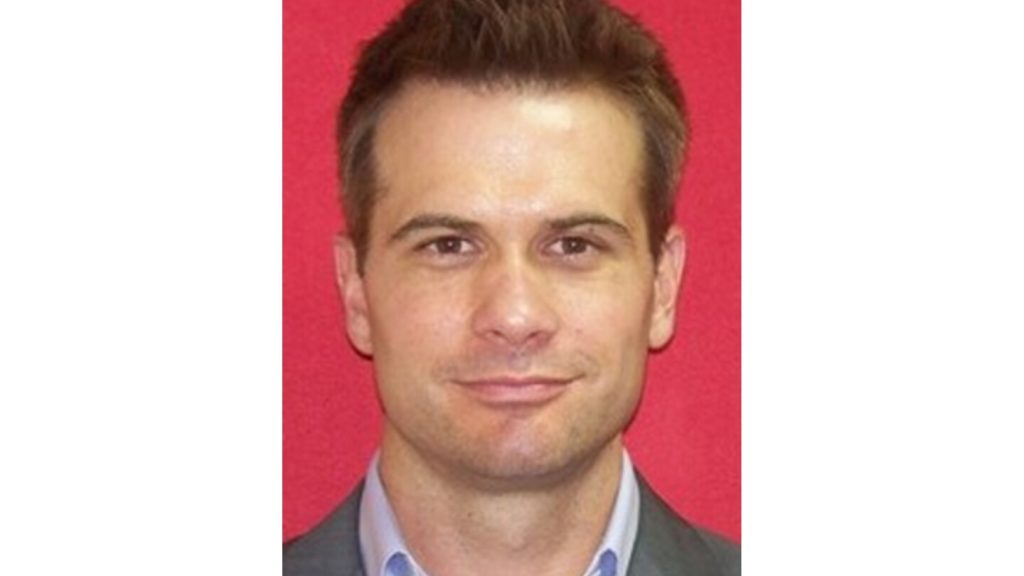A former CIA officer, Brian Jeffrey Raymond, was sentenced to 30 years in federal prison for drugging, photographing, and sexually assaulting more than two dozen women in various countries. The assaults, which date back to 2006, followed a similar pattern where Raymond would drug women he met on dating apps and assault them while they were unconscious. His misconduct was uncovered through a library of over 500 images showing him posing with his victims’ naked bodies.
During the emotional sentencing hearing, victims shared their trauma and how Raymond had deceived them. Many victims only learned about the assaults after the FBI showed them the photos of themselves being assaulted while unconscious. The impact on the victims has been profound, ranging from nightmares and nervous breakdowns to a loss of trust and confidence in others. Raymond expressed remorse for his actions, acknowledging that he had betrayed his values and caused irreparable harm to his victims.
Raymond’s sentencing is part of a larger reckoning on sexual misconduct at the CIA, with other cases coming to light. Despite efforts to condemn and address such behavior, the full extent of sexual misconduct within the agency remains classified. While reforms have been implemented to address the issue, there are concerns about the culture of secrecy that has protected offenders in the past. The CIA has committed to engaging with law enforcement to ensure accountability for offenders.
While details of Raymond’s specific work at the CIA remain withheld, prosecutors painted a picture of a “serial offender” whose assaults escalated over time. Raymond’s manipulation of victims and gaslighting tactics contributed to their self-blame and shame. Despite his attorneys’ arguments about the toll of his CIA work on his mental health, Raymond was held accountable for his actions and ordered to pay restitution to his victims. The case sheds light on the challenges of addressing sexual misconduct within the intelligence community.
The case highlights the challenges of addressing sexual misconduct within the CIA and the broader intelligence community. The veil of secrecy that often surrounds such cases raises concerns about accountability and transparency. The sentencing of Brian Jeffrey Raymond serves as a reminder of the need for continued efforts to address and prevent sexual misconduct within sensitive government agencies. Victims’ voices must be heard, and offenders must be held accountable for their actions to ensure a safe and respectful work environment for all individuals.















